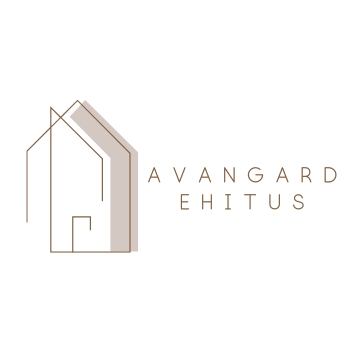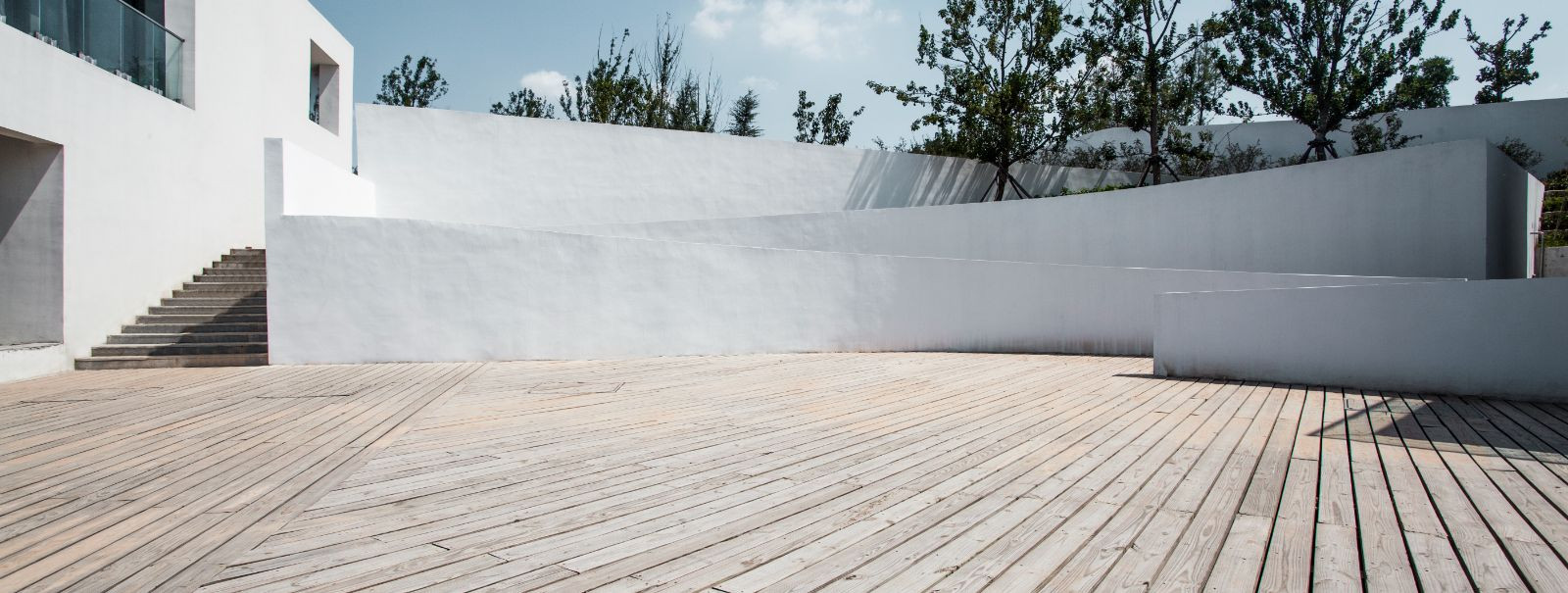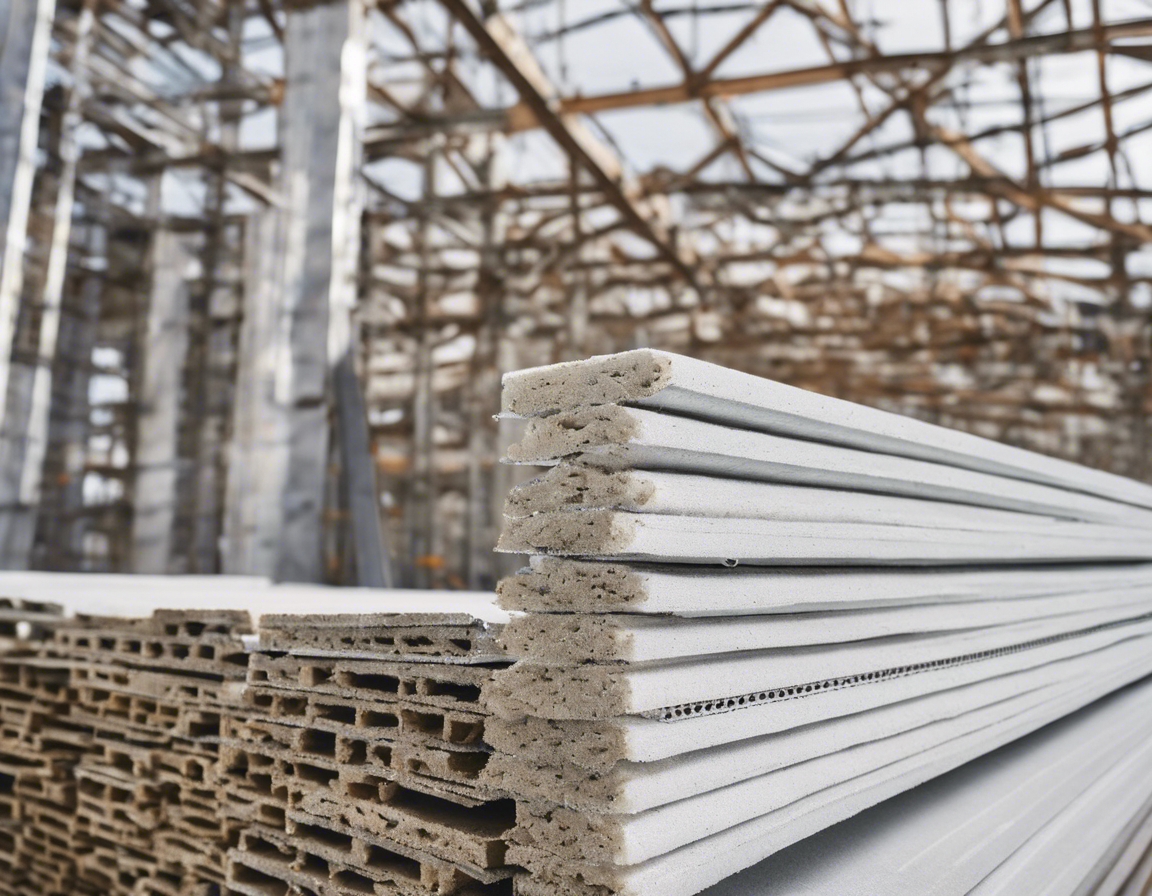The benefits of facade insulation for energy efficiency
Facade insulation is a critical component in modern building design, offering a range of benefits that extend beyond mere aesthetics. It involves the application of insulating materials to the exterior walls of a building, which helps in maintaining a stable indoor climate and reducing energy consumption. As energy efficiency becomes a priority for homeowners and property developers, facade insulation stands out as a practical solution to achieve these goals.
Understanding Energy Efficiency
Energy efficiency refers to the method of reducing energy consumption while maintaining the same level of service. In the context of buildings, it means using less energy for heating, cooling, and lighting, which not only reduces utility bills but also minimizes the environmental impact. Facade insulation plays a pivotal role in enhancing a building's energy efficiency by acting as a barrier to heat loss and gain.
How Facade Insulation Enhances Energy Efficiency
One of the primary functions of facade insulation is thermal regulation. By insulating the exterior walls, it minimizes the transfer of heat between the inside and outside of the building. This means that during winter, the heat generated inside the building is retained, while in summer, the heat from outside is kept at bay. This regulation significantly reduces the need for artificial heating and cooling, leading to lower energy consumption.
With effective facade insulation, buildings require less energy to maintain comfortable indoor temperatures. This reduction in energy consumption translates to lower energy bills, making it a cost-effective solution for both residential and commercial properties. Over time, the savings on energy costs can offset the initial investment in insulation materials and installation.
Facade insulation not only contributes to energy efficiency but also enhances indoor comfort. By maintaining a consistent indoor temperature, it eliminates cold drafts and hot spots, creating a more comfortable living or working environment. This is particularly beneficial in regions with extreme weather conditions, where maintaining indoor comfort can be challenging.
Environmental Benefits of Facade Insulation
Reducing energy consumption through facade insulation has significant environmental benefits. It decreases the demand for fossil fuels, which are often used to generate electricity, thereby reducing greenhouse gas emissions. By choosing facade insulation, property owners contribute to a more sustainable future, aligning with global efforts to combat climate change.
Economic Advantages of Facade Insulation
One of the most immediate economic benefits of facade insulation is the reduction in energy bills. By lowering the need for heating and cooling, property owners can enjoy substantial savings over time. This makes facade insulation a wise investment for those looking to reduce operational costs.
In addition to cost savings, facade insulation can increase the value of a property. Energy-efficient buildings are highly sought after in the real estate market, and potential buyers are often willing to pay a premium for properties with lower energy costs. This makes facade insulation not only a practical choice but also a financially rewarding one.
Aesthetic and Structural Benefits
Beyond energy efficiency, facade insulation can enhance the aesthetic appeal of a building. With a variety of finishes and materials available, property owners can choose designs that complement the architectural style of their building, improving its overall appearance and curb appeal.
Facade insulation also provides a protective layer against harsh weather conditions. It shields the building's structure from rain, wind, and temperature fluctuations, which can cause wear and tear over time. This protection extends the lifespan of the building, reducing maintenance costs and preserving its structural integrity.
Choosing the Right Facade Insulation Solution
Selecting the appropriate facade insulation solution is crucial to maximizing its benefits. Factors such as climate, building design, and budget should be considered when choosing insulation materials and systems. Consulting with experts, like those at AVANGARD EHITUS OÜ, can help property owners make informed decisions that align with their energy efficiency goals and aesthetic preferences.






Comments (0)